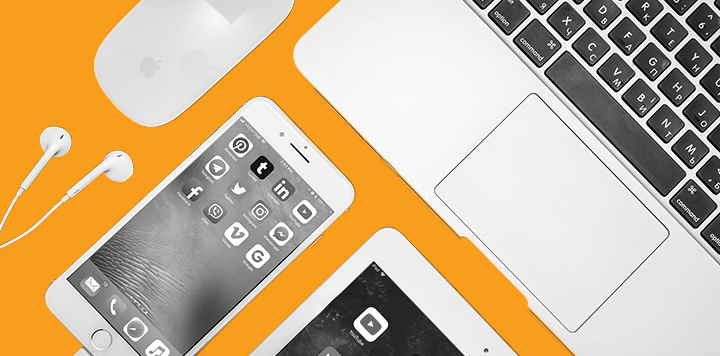BOYD policies can help your customers improve productivity and even morale by allowing employees to use technology they prefer and are already comfortable with. However, there are some risks.
For starters, letting employees bring personal devices to work can increase network security risks. For example, some employees won’t stay current with updates on their phones or laptops unless they’re actively managed by the IT team. This can open your customers’ networks to significant vulnerabilities. Plus, there’s an increased potential for data breaches. For example, if an employee allows their family to use their personal laptop or tablet at home, that family member could technically gain unauthorized access to your corporate resources. While this can occur if the employee takes a company-issued device home as well, it could be a greater risk if the employee owns the device.
This brings up another major risk—ownership. If you allow users to access company resources using a smartphone (either their own or company-issued), you may have to wipe the device if it’s lost. Employees may lose personal data in the process. If you don’t explicitly point this out in your BYOD policy, you could increase the chances of a lawsuit.
Considerations for a BYOD strategy
If you decide to implement a BYOD strategy, there are a few things to consider. Again, make sure to consult with legal counsel before you embark on BYOD services.
- Create a fair use policy: Whether offering BYOD or not, you should outline a fair-use policy around company data and devices. You need to delineate who owns data, who owns property, and what people can and can’t do with company resources. If you offer BYOD, you should consider incorporating elements from that policy into your fair-use policy.
- Set clear security policies: Outline minimum security policies for any personal devices. For example, all phones should be password protected with strong pins, preferably using a mix of numbers and letters. Devices should also be encrypted and you should consider having a list of banned and approved applications. Also, consider listing out approved and banned devices. For example, you’ll likely want to ban the use of jailbroken iPhones.
- Define support levels: Decide how much support you’ll offer for personal devices. You may opt to offer complete support for personal devices or require the employee to fix their own devices by calling their vendor’s support line. Either is acceptable—greater support means more productivity for clients but also means more work on your team’s part.
- Draw clear lines around data: This was mentioned this under fair-use policy, but it’s worth reiterating—you’ll need to clearly outline who owns data. Make it clear that the company owns all relevant data created for the company and outline how you’ll handle any personal and private data contained on the device.
- Set expectations around lost devices: If a device is lost or stolen, you’ll need to remotely lock and wipe it so proprietary data doesn’t fall into the wrong hands. Wiping a device typically removes all data, and users may be surprised when they lose personal photos or videos. Make sure to outline this in your policies and also consider reminding customers in user trainings to back up their personal data.
Beyond your BYOD policy, don’t forget to keep other security layers in place. This means protecting employer-owned machines with patching, endpoint protection, and backup. Also, consider segmenting networks to prevent devices from spreading malware across the network. You may even consider requiring BYOD devices to be put on a guest network while company-provided devices connect to the main corporate network.
Is BYOD a good idea?
Ultimately, it’s your call on whether to wade into the BYOD waters for your customers. On one hand, there are a lot of benefits for clients, from improved employee morale and convenience to enhanced productivity. On the other hand, you may end up responsible for more than you bargained for. Regardless, if you do start a BYOD program, make sure to consult with legal counsel along the way. You have to protect your own reputation and your customers’ just as much as you have to protect their employees’ data.
Whether you decide to offer BYOD to your clients or not, it helps to have multiple layers of security in place. SolarWinds® RMM offers multiple layers of security in one web-based console—from patch management to endpoint detection and response to backup and recovery. And it offers mobile device management features that let you track and remotely wipe mobile devices as needed. Learn more today.

